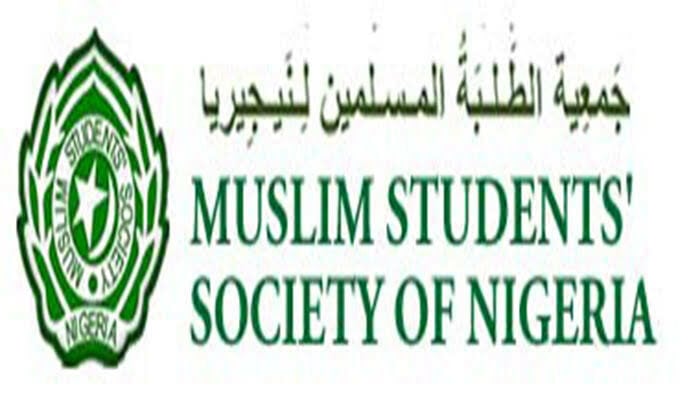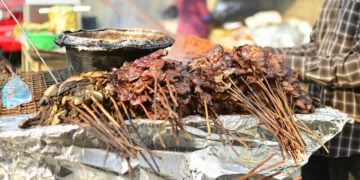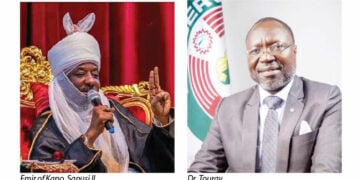Bauchi State chapter of the Muslim Students’ Society of Nigeria (MSSN) has expressed deep concern over the endemic corruption pervading all levels of society, calling for urgent and collective action to save the nation from insecurity and potential collapse.
The call was made in a communiqué issued at the end of a leadership training workshop organised by the National Islamic Centre, Zaria (The Muslim Ummah), for the leadership of MSSN Bauchi Area Unit. The workshop was held at Sultan Muhammad Sa’ad Abubakar Hajj Camp, Bauchi.
The Muslim Ummah emphasised that piety (Taqwa) is an essential leadership attribute that must be cultivated for national survival and prosperity.
The communiqué also highlighted the pervasive poverty and deprivation affecting the country, stressing the urgent need for concrete measures to alleviate the situation.
Addressing security concerns, the Ummah condemned the incessant banditry and kidnappings and urged security agencies and stakeholders to intensify efforts in combating these threats.
The Muslim Ummah expressed support for the federal government of Nigeria’s advocacy for justice for Palestinians, calling for an unconditional ceasefire and the withdrawal of Zionist forces from Gaza.
The communiqué, signed by the chairman of the Communiqué Drafting Committee, Prof Abdullahi Lare Amaoo, also condemned US President Donald Trump’s proposal labelling Hamas as a terrorist organisation, calling it unjust and counterproductive to resolving the Palestinian conflict.
At the event, the national Ameer, Prof Muhammad Babangida, outlined the purpose of the Muslim Ummah, emphasising its role in ensuring spiritual, physical, socio-economic and moral upliftment for the people.
On his part, Dr Usman Bugaje highlighted the importance of addressing the leadership crisis within the Ummah for stability and healthy growth, stressing the need to balance challenges with the competencies required for effective management.
The workshop also featured the formation of area branches, the inauguration of their leadership across 20 local government areas and elections for new leadership at the state level.
The training brought together 345 participants, including special delegates from Borno, Yobe, Gombe, Plateau and Jigawa states, representing MSSN and 14 other Islamic organisations.
Resource persons included Dr Usman Bugaje, Prof S.S. Abubakar, Prof Muhammad Babangida, Barr Muzzammil Sani, Dr Muhammad Abdulkadir and other scholars and dignitaries.
Topics covered included Integrating Islamic Leadership Values into Personal and Professional Life, Leadership Competencies within an Islamic Framework, Core Islamic Principles and Their Application to Leadership Development, Islamic Perspective on Leadership and Human Flourishing, Case Studies and Practical Applications on Good Leadership and The Centrality of Adhkar for Spiritual and Social Development.
Participants and resource persons emphasised that effective leadership at all levels is critical for sustainable peace and prosperity, describing leadership as a trust (Amana) accountable before Allah.
The communiqué added that, “The struggle for providing effective leadership for the Ummah is our collective responsibility, requiring unreserved commitment and unshaken will for its realisation.”
Elections were conducted to form Local Government Executive Committees for all 20 LGAs, as well as for the Shura Council, State EXCO, and Directorates of the Muslim Ummah, Bauchi State Chapter.





